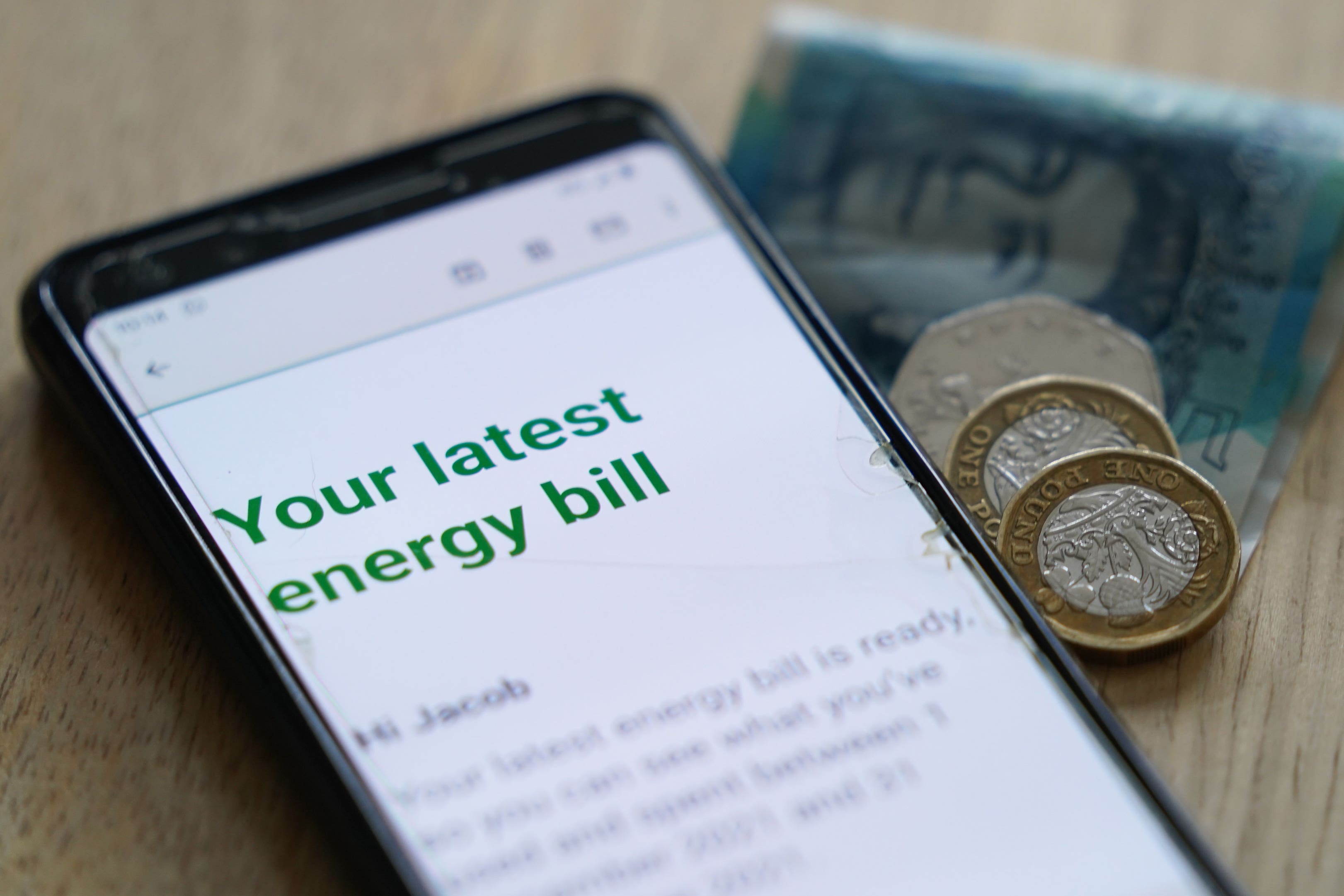Shapps ‘sympathetic’ to calls to halt 20% energy bills hike
The energy price guarantee, which caps typical household bills, is set to rise from £2,500 to £3,000 in April.

Measures which could see households face a 20% hike in energy bills from April are being kept under review, Downing Street said.
Costs are set to see an increase when the energy price guarantee (EPG), the taxpayer-funded cap on bills, rises from £2,500 a year for the typical property to £3,000 in April.
Energy Secretary Grant Shapps said he was “very sympathetic” to calls to protect households from the increase while PM Rishi Sunak promised “we’re going to keep on supporting people”.
The Government’s EPG becomes less generous from the beginning of April and when the upcoming end of the £400 energy rebate scheme – paid in six instalments of £66 and £67 a month – is factored in, the energy cost for households will increase even more.
But with energy prices falling faster than had been feared, Chancellor Jeremy Hunt is under pressure to maintain the EPG at its current rate when he delivers his Budget on March 15 as the cost to the taxpayer would be lower than forecast.
Mr Shapps told The Times: “I completely recognise the argument over keeping that price guarantee in place, and the Chancellor and I are working very hard on it. I’m very sympathetic to making sure that we protect (people).
“We’re looking at this very, very carefully,”
On a visit to Northern Ireland, Mr Sunak was questioned about the support on offer.
“The Government is still continuing to cap energy bills,” he said.
“That’s what the energy price guarantee is, it means that whatever happens, the Government is going to step in and cap the maximum that anyone will pay. So that is a really big statement of support to everybody.
“And on top of that we’ve got extra support for the most vulnerable because it’s right that we always have them in our mind as well.”
He said that in the long term there would be more renewable generation to bring bills down and increase energy security but “we’re not going to let anyone get left behind between now and then”.
Asked about Mr Shapps’ comments on the EPG, the Prime Minister’s official spokesman said: “All I would say on this is it’s something we are just keeping under review. I don’t think there’s a specific time we are working to.”
He added: “All I would emphasise is the amount of support we have already put in to support the public and businesses, paying around half of a typical household’s energy bill.
“By the end of June the energy price guarantee will have saved the typical household in Great Britain around £1,000 since it began.”
The Institute for Fiscal Studies (IFS) economic think tank said the cost of the EPG had been reduced as a result of falling energy prices.
“Over the financial year so far, central government has spent an estimated £6.8 billion less on subsidies (the bulk of which relate to energy subsidies for households and businesses) than forecast in November, and this number is likely to grow during the remainder of the lifetime of the energy support schemes,” the IFS said.
“Under the latest expectations for energy prices, we expect the household element of the energy price guarantee to cost £1.9 billion in 2023–24 (a saving of £10.9 billion compared with the November forecast).”
Under current projections, energy prices are forecast to drop below the level of the EPG cap from July 2023, eliminating spending on the scheme.
Bookmark popover
Removed from bookmarks